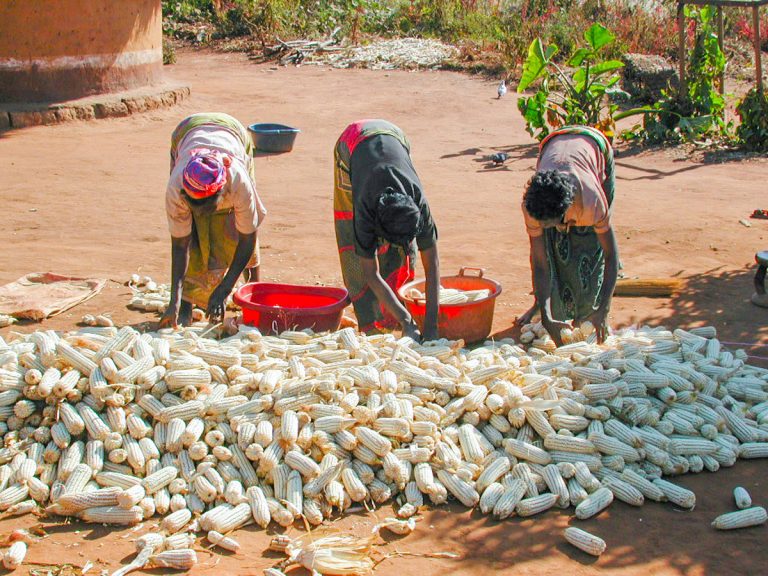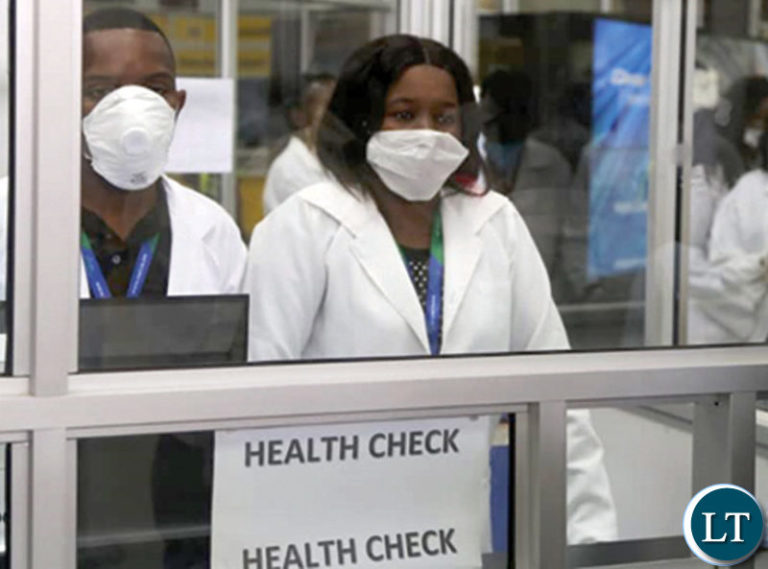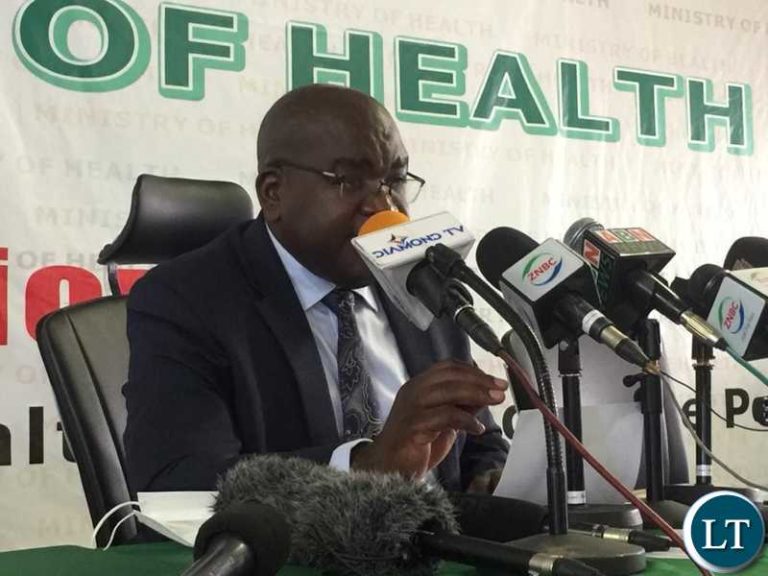The Center for Trade Policy and Development says there is need for Zambia to put in place robust measures towards supporting and strengthening agriculture value chains.
The CTPD has also called government to consider short-term exemptions and modifications on taxation and labour legislation to prevent a total collapse of the commodity supply amid the COVID-19 outbreak.
Dr Simon Manda, the CTPD Senior Researcher thinks that Government should work with private sector players in ensuring that adequate logistical measures are put in place to facilitate the movement of agricultural commodities from place of production to the market.
He said the measures should ensure that agricultural production and marketing continues uninterrupted despite the COVID-19 outbreak especially that the country is a few weeks way from commencing the 2019/2020 agriculture marketing season.
Dr Manda said research is urgently required in profiling the implications of COVID-19 on Zambia’s agri-food system in order to not only map out actual agro-value chain impacts of COVID-19 but also to suggest possible recommendations for strengthening agricultural value-chains and boosting the economy post outbreak period.
“We further call for more sensitization targeting the farming communities, especially small-scale farmers who live outside the line of rail were information is hard to reach. The outbreak of the coronavirus in China is a serious threat and that the impacts on the agriculture sector and related value-chains remain uncertain and are yet to be understood fully”, he added.
Dr Manda noted that there is an increasing concern about whether there will be enough global food supplies at affordable prices for all countries adding that the availability of agricultural supplies cannot be guaranteed, and where it is guaranteed access has been challenged by social restrictions, challenging effective utilization across various uses and consumption patterns.
“Elsewhere for instance, European production is very well integrated into global value chains, via which intermediate goods and services are traded. The President of Zambia, Edgar Lungu has responded to the outbreak by announcing measures to contain its spread. These and with other measures are expected to have profound impacts on Zambia’s agricultural markets and wider performance of the sector”, said Dr Manda in a statement.
He said in terms of Zambia’s imports, the world market is reportedly well stocked in all food items and that any potential periodic shortfalls will mainly arise due to logistical disruptions caused by lock downs and restrictions on the movement of goods.
Dr Manda said this would only be the case for the specific agricultural items that are typically imported from affected regions in the world market such as Asia and Europe.
He said longer-term impacts on the agri-food labour force could possibly have more significant socio-economic implications.
“For instance, recent reports have shown an increasing important on seasonal workers such as in sugar sub-sector. COVID-19 will have a direct impact on agricultural production by inducing a drop-in labour supply”, he added.
















